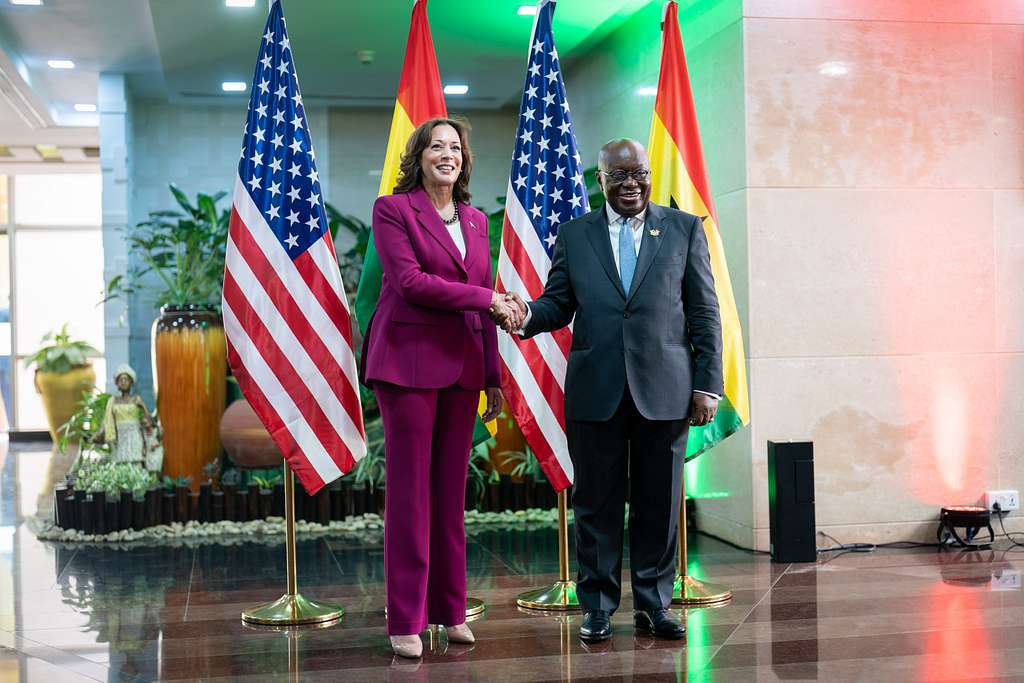The IGC has been helping the spread of ideas from one side of the developing world to another. The visit of the Deputy Chief Minister of Bihar – the most high profile visit of an Indian official to Sierra Leone in many years – is the result of a combination of events that capture the spirit of what the IGC aims to do.
The northern Indian state of Bihar is gaining recognition for what can only be described as a miraculous turnaround. Once known as the kidnapping capital of India, it has become one of the country’s fastest growing regions. This is no small feat considering there are around 100 million people in Bihar – half of whom live on less than a dollar a day. Much of the credit goes to the new government, elected in 2005.
Back in September 2011, the IGC invited Deputy Chief Minister of Bihar, Sushil Kumar Modi, to share lessons from his government’s experience at our annual Growth Week conference held at the London School of Economics. Among the hundreds who attended the public lecture that evening was Herbert M’cleod, advisor to the President of Sierra Leone.
Seeing how Bihar’s story could be of value to his country, Dr M’cleod asked the IGC to organise for the Deputy Chief Minister to visit Sierra Leone. In a three day visit Mr Modi met President Ernest Bai Koroma as well as the Vice President, Chief of Staff, and Deputy Finance Minister.
Mr Modi spoke at the Sierra Leone Conference on Development and Transformation, marking 50 years of independence and planning for a more prosperous next 50. His talk was described as an inspiration, with one Sierra Leonean civil rights campaigner pointing out that it is one thing for people to say what developing countries should do, it is another thing altogether for someone to say what their developing country has actually done.
For Mr Modi, this was a first visit to Africa. But while it may be a different continent, poor countries are poor countries, Mr Modi reflected, and there is something in the struggle that unifies them. From his experience as Deputy Chief of Bihar, few could doubt that Mr. Modi knows what a poor country is like. Throughout his first day at the various official meetings, he recounted how after just a few hours in the country, Sierra Leone reminded him of Bihar: the people living in shacks; the dusty, potholed roads; the roadside sellers making what they can. “It is only the people who are different,” he joked.
The similarities between Bihar and Sierra Leone are of course no laughing matter. In his speech at the Sierra Leone Conference on Development and Transformation, Mr Modi compared the situation in post-civil-war Sierra Leone with that of Bihar in 2005 when his government took over. He told the ministers, political activists, community leaders and journalists attending that Bihar was until recently a “lawless regime where different caste groups would possess private armies and engage in killing innocent people”. Mr Modi outlined how his government has since put Bihar on a path to growth.
He told how the government’s top priority was to restore law and order. This included recruiting ex-servicemen to bolster the police force and introducing new “speedy trials” that could quickly convict offenders. Together these led to a 74% increase in the number of convictions in just three years.
Mr Modi added that much of the crime was due to the corrupt and often criminal government. The new Bihar government therefore introduced an anti-corruption bill that included using invisible markings on cash notes enabling the police to track the corrupt officials. To loud cheers from the crowd, Mr. Modi also announced that the members of the new administration had unilaterally published their assets and incomes so that people could be sure they themselves had nothing to hide.
IDEAS FOR GROWTH
Dr Herbert M’cleod, the Sierra Leonean economist who co-ordinated the conference on behalf of the government said: “One of the problems I have had is getting people to believe that change is possible. The people of Sierra Leone need to know that it is. When they see that another country has been able to make that dramatic transformation, they will be inspired.”
To rapturous applause in the audience, Mr Modi said: ‘I hope that sharing my experiences in Bihar will start a process of exchange of ideas between these two states that will be mutually beneficial and provide further impetus to our quest for building effective states.’
During the conference, Mr Modi was interviewed on Sierra Leone’s national TV station and his speech received widespread coverage in the Indian media (among the English-speaking articles are those from the Times of India and Patna Daily). To accompany the event, the IGC Sierra Leone team, including Dr M’cleod, worked with the Bank of Sierra Leone to produce a book focusing on ‘the opportunities and challenges facing Sierra Leone as it strives to reach middle-income status by 2035’. The book, Economic Challenges and Policy Issues in Early 21st Century Sierra Leone, is available for free on the IGC website here.





